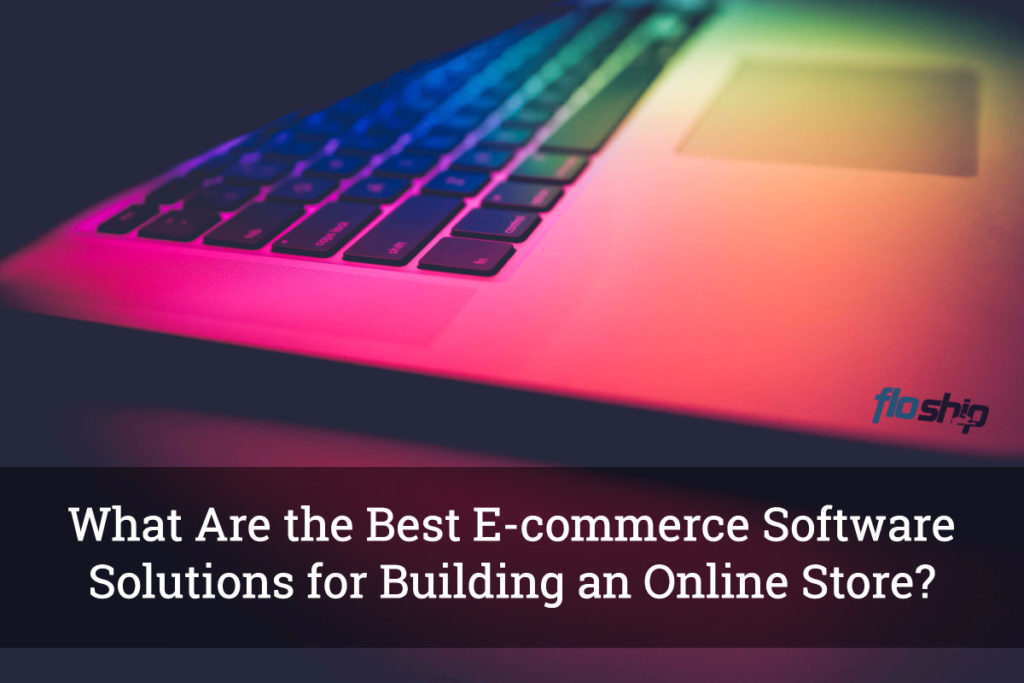For anyone looking to build a new business, e-commerce is currently hard to beat.
According to research from shopping cart developers BigCommerce, 67% of Millenials would rather shop online than in a physical store. Advances in security, delivery, and software make e-commerce accessible for almost anyone, with the option to create a secondary income or a larger enterprise.
One of the main choices for new business owners is the platform they choose for their store. There are numerous software solutions, but a number of options stand out for their simplicity, effectiveness, and positive reputation.
Shopify
Shopify is one of the best-known names in the business, powering thousands of stores online.

The key to its success is simplicity, with beginners able to get started immediately. It is, however, possible to scale a business massively using the Shopify platform. To create a store, you can choose from one of the varied themes, including free and paid options.
Additionally, there is a vast library of apps that can transform a store depending on your requirements. With customer services working round-the-clock, you can also get quick answers to your questions.
Wix
Wix makes it easy to develop an e-commerce store without any previous experience.

The service includes many attractive templates, with the ability to quickly add your own inventory. With your store in place, you can then integrate with services like Paypal and major credit card providers.
While Wix does not include the same number of features as Shopify, it is a quick way to create an eye-catching store.
Squarespace
Squarespace offers a similar service to Wix, focusing on beautiful design for less complicated stores.

Beginners will find Squarespace easy to get to grips with, making use of their drag-and-drop design elements to build a store. The service is not just focused on design, though, with checkout, tax, security, and inventory facilities ensuring your store provides a top class service.
Magento
Magento is a popular e-commerce solution, but it is primarily used by larger companies with developers.

Beginners will struggle to make the best use of the product, but there is a partner program if you have the finances to invest. For those who want an advanced solution, Magento also offers a great deal of customization in their extension marketplace.
Find out how to Automate your Magento Order Fulfillment process with the Magento + Floship Integration here!
BigCommerce
BigCommerce has some similarities with Shopify, offering a number of advanced features without the complications of Magento.

Your site can be developed using one of a number of attractive themes, set up with the user-friendly CMS, and configured to accept payments with Paypal, Apple Pay, Stripe, and other options.
Similar to Shopify, the app add-ons enable you to upgrade your store in various ways with dropshipping one of the popular options.
WooCommerce
WooCommerce is an excellent choice for developers who like to use WordPress.

The plugin can be added to a WordPress site to transform it into an e-commerce platform. There are countless WordPress themes available, with the WooCommerce plugin designed to integrate with them.
One of the most attractive features is the open source development. Since the plugin was launched, developers have built individual extensions that add new features to your site.
Each of these products has been proven across numerous online stores.
While there will be consistencies across each of the products, there are also certain individual factors that can drive your decision. Choose a product that suits your business, offers the elements you require for your store, and can allow you to grow as you achieve success.
Ultimately, you will be aiming to build a store with a long-term plan, so the software you use should be able to meet all your requirements.

Ready To Upgrade Your Logistic Solution?
Speak to Floship ecommerce logistic consultant about improving your global support chain today





